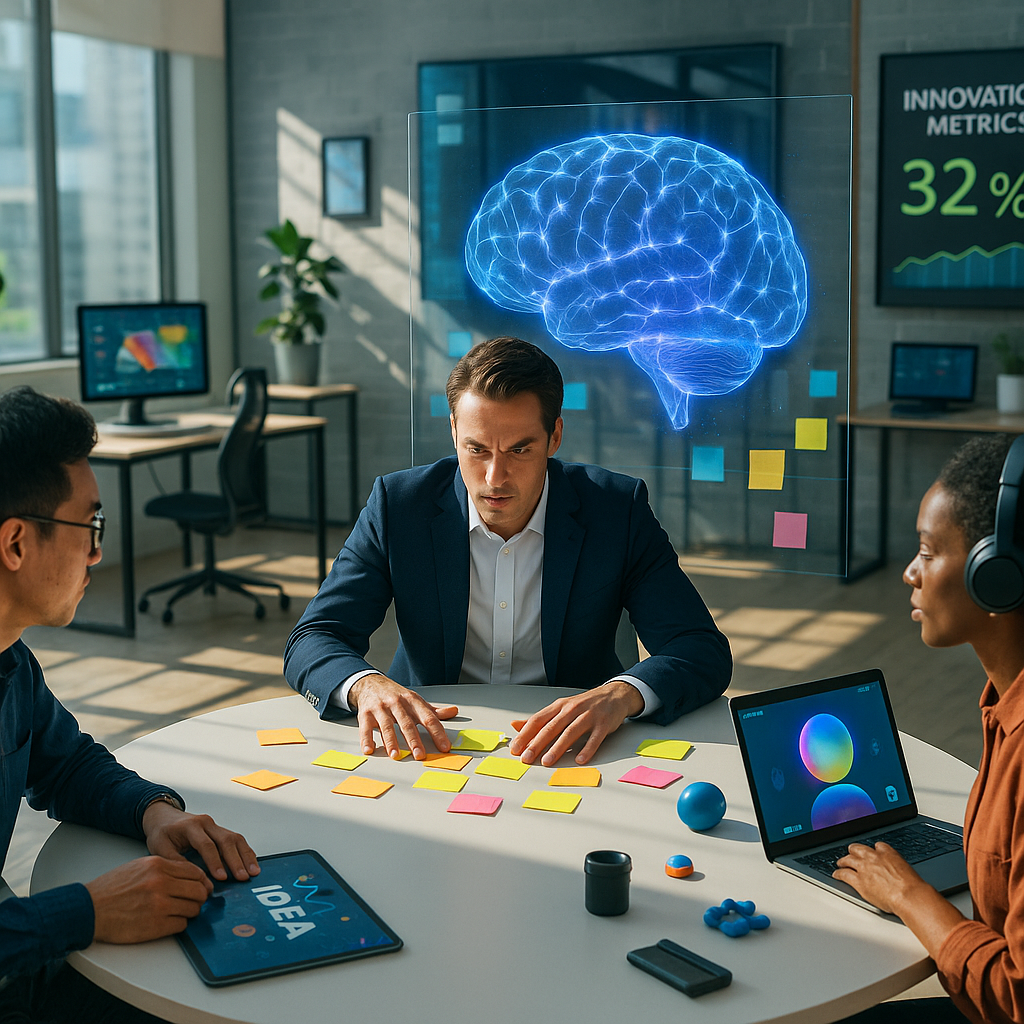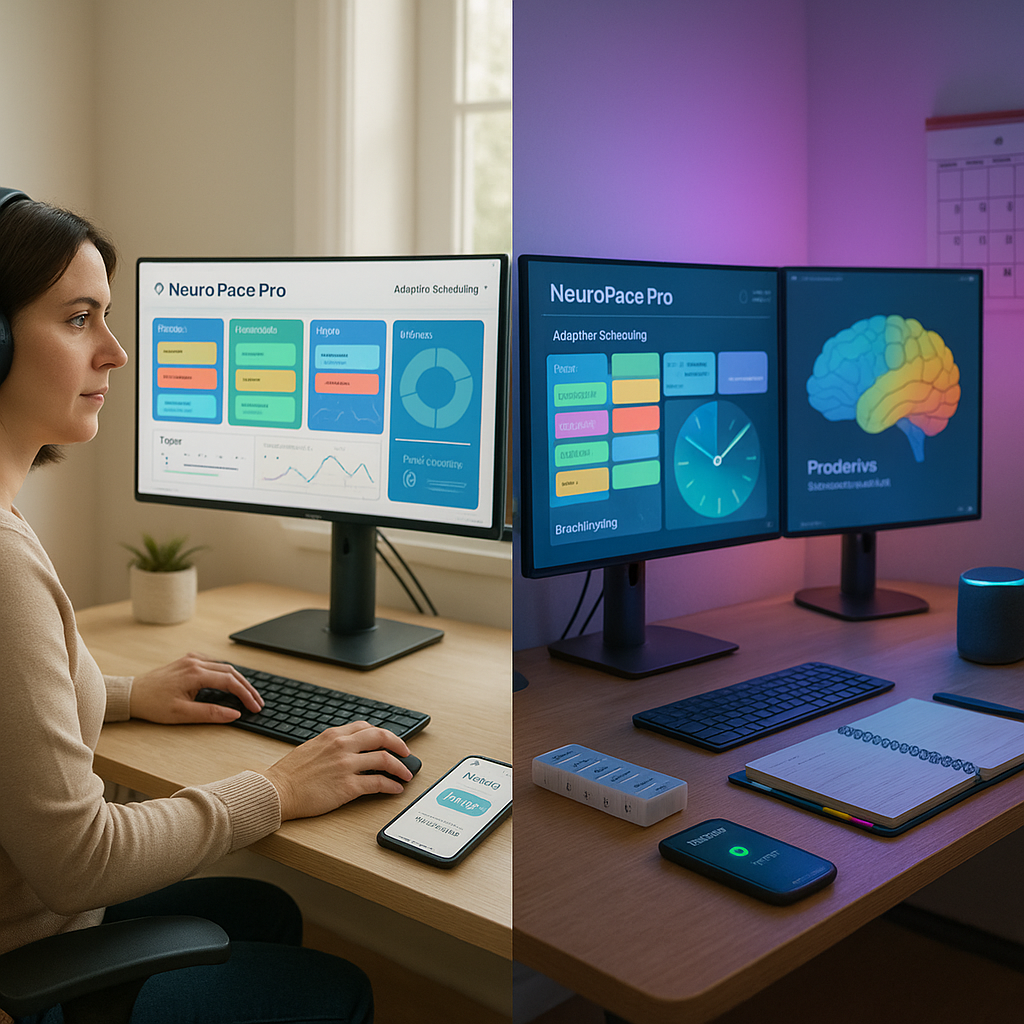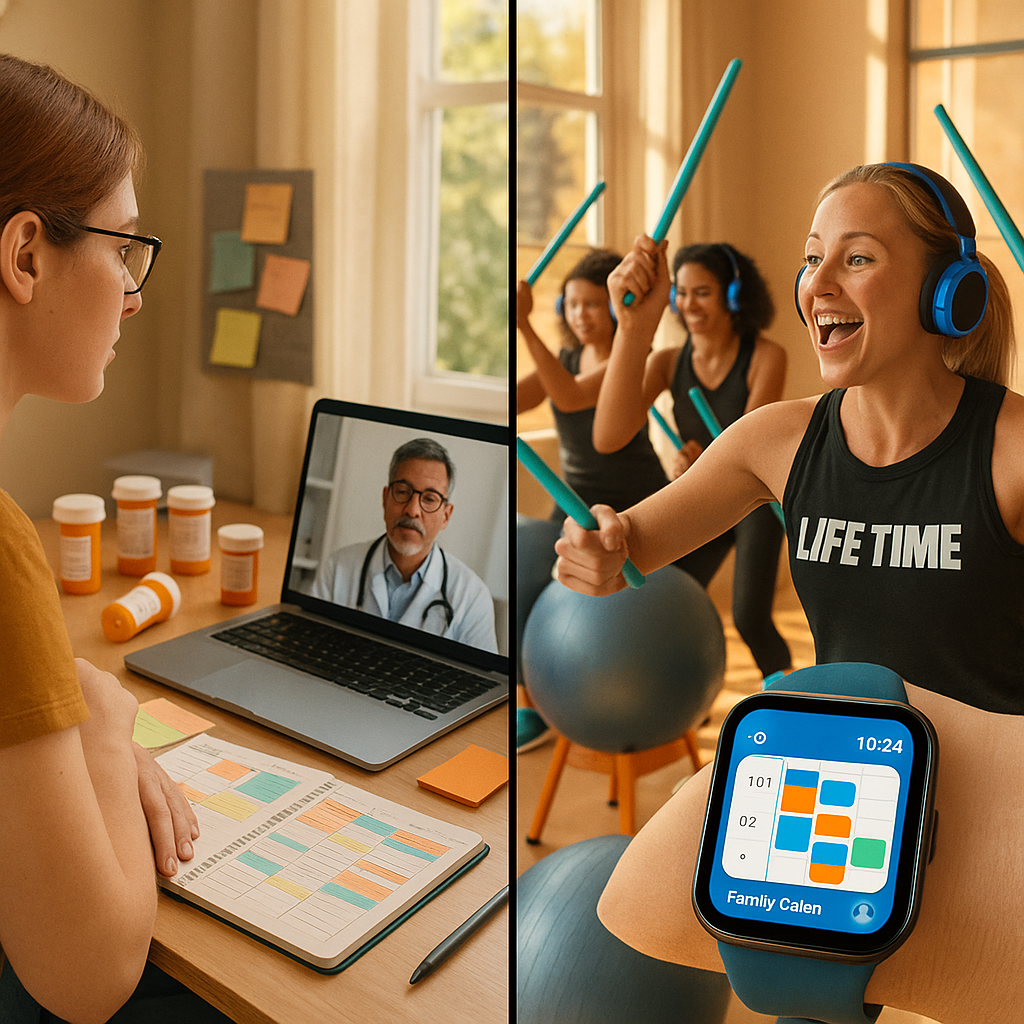Key Takeaways
- New research indicates that leveraging personal strengths significantly boosts wellbeing in adults with ADHD neurodivergence.
- Physical activity, such as swimming, positively influences brain connectivity in children with ADHD, according to recent studies.
- Adults with ADHD show greater wellbeing when they build on their strengths, as confirmed by current findings.
- Swimming enhances brain connectivity and inhibitory control in children with ADHD.
- Substance use rates are higher among individuals with ADHD, with notable differences observed between sexes.
- Daily report cards remain effective for ADHD students, provided teachers receive appropriate training.
Introduction
Recent research featured in today’s ADHD neurodivergence press review finds that adults with ADHD experience greater wellbeing when focusing on their strengths. Additional studies published on 10 October 2025 highlight the role of physical activities like swimming in supporting brain connectivity in children. The roundup presents new insights concerning risk factors, support strategies, and the evolving understanding of neurodivergence.
Top Story
New ADHD Workplace Study Reveals Strengths-Based Success
Researchers at Stanford’s Neurodiversity Lab have identified specific workplace environments that enable ADHD traits to become competitive advantages. The study, published in the Journal of Organizational Behavior on 9 October 2025, followed 500 neurodivergent professionals working across various industries over two years.
The data show that employees with ADHD excel particularly in rapid-response scenarios, creative problem-solving, and crisis management roles. Lead researcher Dr. Sarah Chen stated that, when matched with the right environment, ADHD traits such as hyperfocus and cognitive flexibility can provide significant professional benefits.
Teams with neurodivergent members demonstrated 32% higher innovation rates in product development and customer solutions. The research establishes a clear link between ADHD-friendly work cultures and enhanced organizational performance.
Also Today
Tech & Innovation
Microsoft introduced an AI-powered digital assistant tailored for neurodivergent work styles. The platform adapts to individual executive function patterns and provides real-time support during task transitions.
Early testing indicates a 40% improvement in project completion rates among users with ADHD. The tool prioritizes strength-based task management instead of traditional productivity metrics.
Another study conducted by Cornell University found that remote work environments particularly benefit professionals with ADHD. Seventy-six percent of participants reported improved focus and reduced stress when they could customize their workspace and schedule.
Education & Support
The National Education Association has launched a comprehensive neurodiversity training program that will reach 50,000 educators by September 2026. The initiative focuses on identifying and nurturing ADHD strengths in classrooms.
This program emphasizes dynamic learning approaches and, in pilot schools, has already led to a 45% increase in student engagement where teachers adopted strength-based teaching methods.
Market Wrap
The neurodiversity technology sector reached $2.8 billion in the third quarter of 2025, representing 28% year-over-year growth. Companies specializing in ADHD-friendly workplace solutions led the expansion, particularly through adaptive software platforms.
Investor interest in neurodiversity-focused startups has doubled since 2024. Analysts attribute this growth to the heightened corporate recognition of the advantages associated with neurodivergent talent.
What to Watch
- Global Neurodiversity Summit in San Francisco, 15–17 October 2025
- Microsoft Neurodiversity Tech showcase, 22 October 2025
- International ADHD Conference, London, 1–3 November 2025
- Q4 Neurodiversity Market Report release, 12 November 2025
Conclusion
Recent research confirms that strengths-based approaches in ADHD workplaces can significantly boost both individual wellbeing and organizational innovation. This underscores the increasing value of neurodivergence in the modern economy. Growing interest in adaptive technology and supportive education marks a shift toward environments where ADHD adults and youth can thrive. What to watch: insights from the Global Neurodiversity Summit and major technology sector presentations in October and November.





Leave a Reply